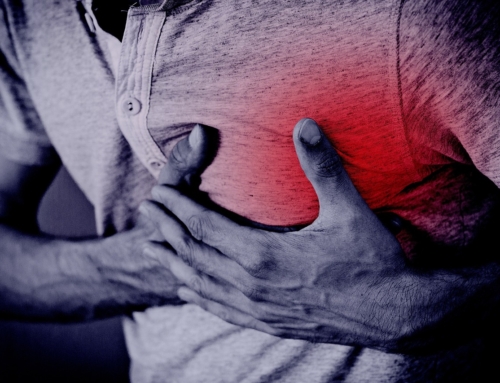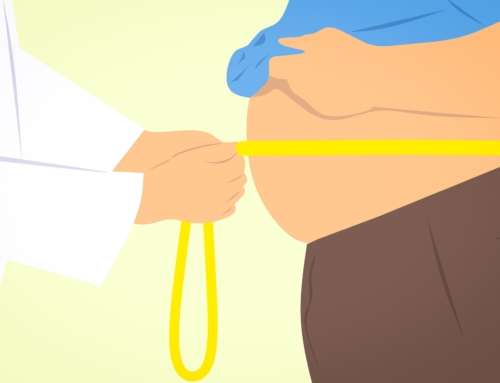Whenever I see a study evaluating post-menopausal women and abdominal fat, I definitely pay attention! We know from past studies that men and women gain and lose abdominal fat differently. How many of you have jumped on the same diet with your husbands and they lost weight in epic proportions while you lost it at a snail’s pace?
Fat loss is a complicated process regarding many different components including insulin, sex hormones, nutrients, caloric intake, stress, exercise and sleep. Studies looking at fat loss during exercise indicate the insulin levels were really no different between men and women but women responded more to epinephrine which is a stress hormone which actually increased fat loss in this study. When epinephrine gets involved with fat loss it targets two main receptors. Hang in there because this is going to get geeky a sec but it is very important to understand. Epinephrine stimulates the a2 receptor which sends a signal that says DON’T burn fat and a mixed B receptor that sends a signal that says DO burn fat. It is the sum total of these receptors stimulation that helps you burn or not burn fat!
These receptors are found in different concentrations throughout the body and differ in a woman compared to a man. For example, women have more a2 receptors (anti-fat burning) in their gluteal area (buttocks) than men! Visceral fat tissue (the fat that wraps your organs and is in your belly) has the most B receptors compared to subcutaneous tissues. Men have a higher concentration of the a2 receptors (anti-fat burning) in the subcutaneous tissues than women
When a woman exercises there is more fat burning compared to a man when the epinephrine interacts with these receptors!
Now, why is this so important that I drug you through all that? A new study just released looking at women’s fat burning ability with epinephrine made an important discovery regarding sleep duration!
This study looked at POST-MENOPAUSAL women and sleep duration. The authors looked at women who had no diabetes and a sleep duration of 6.5 hours or more. They did measurements with their regular sleep and then they altered it by reducing the sleep by 40% for 4 nights in a row and repeated the measurements. With the shortened sleep duration, the women no longer responded to the epinephrine induced fat loss!!!! The insulin pathway for fat loss was not altered at all. Let’s bring this home. If epinephrine is the main instigator during exercise for fat loss and you have a shortened sleep duration then this pathway for fat loss is completely blunted!
The study didn’t go into different forms of shortened sleep duration but I wonder how sleep apnea, constant wakening from all sorts of issues (stress, dogs, partner snoring, have to go to the bathroom) etc are contributing to our bodies inability to lose that pesky fat? Sleep apnea studies demonstrate that stimulating these a2 receptors can worsen sleep apnea and investigations are ongoing looking at a2 blockade as a way of helping to manage sleep apnea so clearly these are important receptors.
Working on your quality of sleep is so important! We have discussed sleep so many times and if you are still struggling then check out the alpha-stim units and give it a try or any of the vagus nerve stimulators as they may be a game changer for you.
To your health,
Laura









